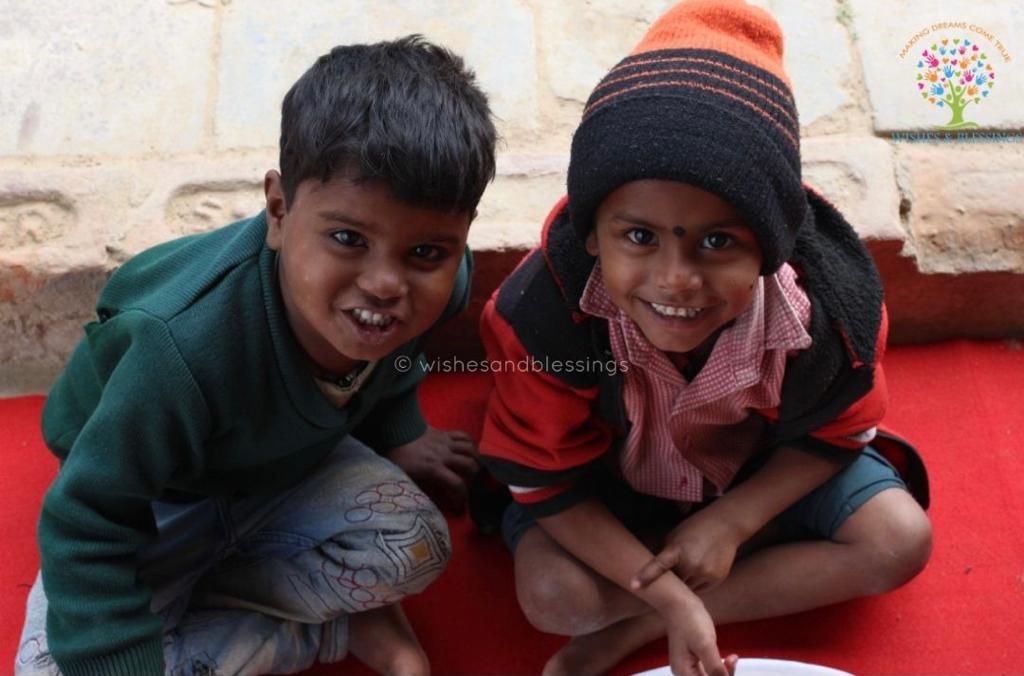At a one of its kind juncture in history, the world is truly experiencing an unusual year in more ways than one. The covid-19 crisis has paved the way for many other parallel crises. The hard hitting statistics surrounding hunger, mental health and gender discrimination were already alarming. The staggering increase is deeply disturbing to say the least. Another issue that isn’t given impetus and remains “less talked about” is the underlying impact of the Covid crisis on children and their growth around the world.
The issue holds value as we celebrate International Children’s Day that falls on the 20th of November every year. The day offers us an opportunity to promote and celebrate children’s rights, translating into dialogues and actions that will build a better world for children.
This year the widespread attack of the virus has led to several immediate socio-economic impacts directly affecting children and child protection risks.
Therefore it is safe to say, the COVID-19 crisis has resulted in a child rights crisis. The costs of the pandemic for children are immediate and, if unaddressed, may last a lifetime. The current situation in our country is paving the way for a dystopian world for children who can’t afford to have an education online, inadvertently violating their “Right to Education”. As children around the world take to the ‘new normal’ of learning, socialising and even playing digitally, it is imperative to question whether this environment would be healthy in the long run!
The primary concern is ensuring access and equity, both of which are in dark ends in a world unfair to some. As expected, the situation takes a direct hit at the country’s underprivileged. Restricted to four walls and no access to technology, the growth of these children has significantly dropped. Digital learning has many factors associated with it; a proper network connection, digital apps that provide cyber-security and a child friendly environment, devices that are easy to use and above all, the encouragement and support of parents throughout this process.
Several social entrepreneurs, non-profit organisations have risen to the need to provide children with the kind of access they need to continue their education and build a future, however, it remains to be seen how the whole situation is handled on a bigger scale wherein children below poverty line around the world have the access to digital learning and inadvertently, education in the first place.
A collective social effort on behalf of the government, educational institutions along with digital companies will need to take place. This would mean making education easily available to those who need it the most and therefore, creating greater hope for children who will help build our nation for generations to come!
About the Author



Nidhi Beriwala is a full time humanitarian and a part time classical dancer. She likes to sing, read and write. She believes in the power of trusting life and likes to go with the flow!

